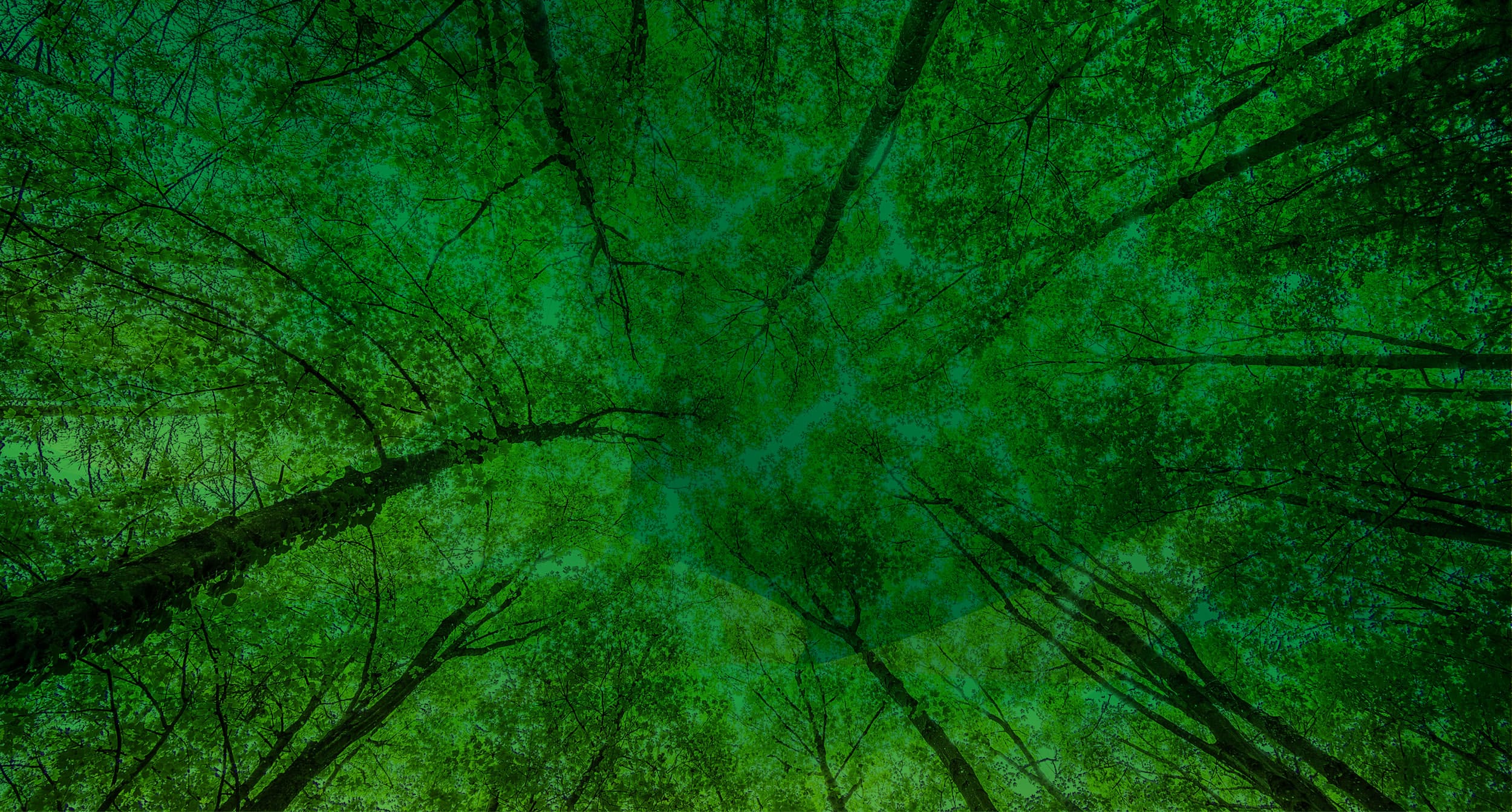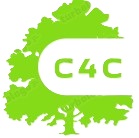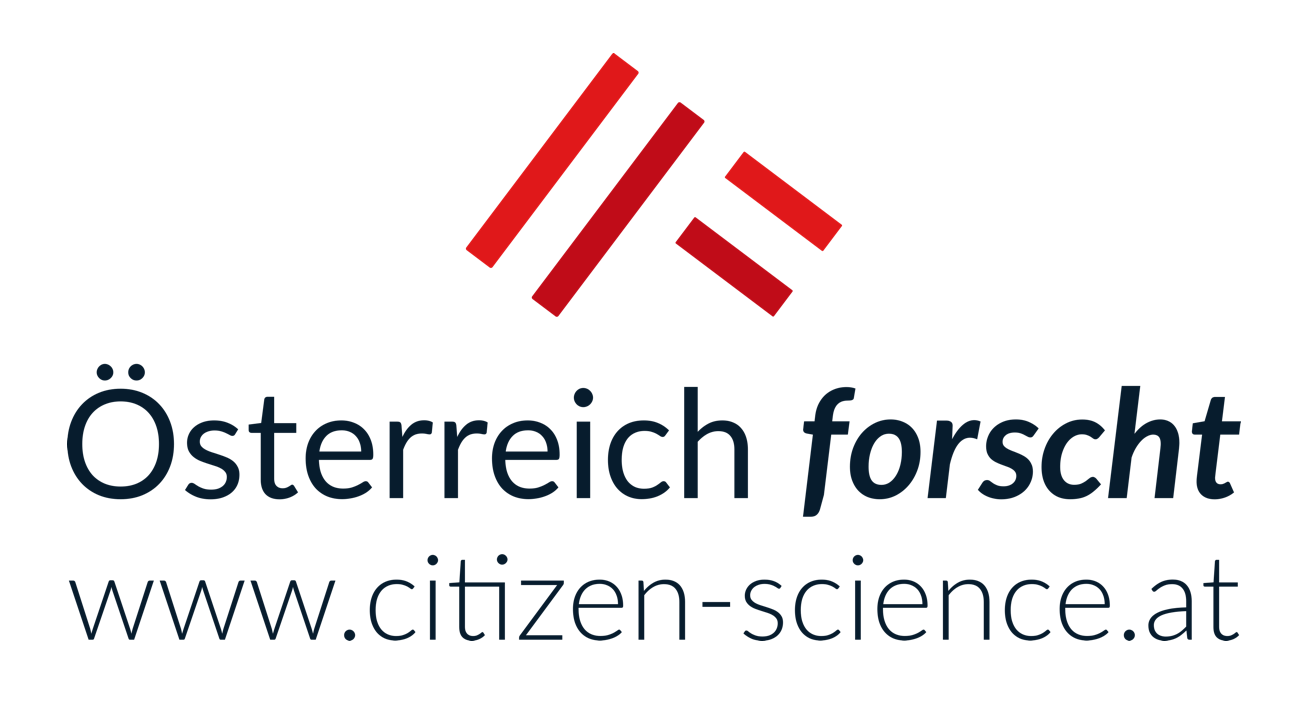
Measure Trees.
Map Carbon.
Make a Difference!
Join the Tree-Quest citizen science campaign with the free Geo-Quest app! Help measure trees, learn how much carbon they store, and support climate science from your own neighbourhood.
Want to get updates for Geo-Quest?
Submissions
...
Images
...
Users
...

Announcements
Tree-Quest 2025 – Midpoint Milestone!
Over 900 tree measurements by 195 participants collected so far – thank you!
Congratulations to our five prize winners from Phase 1, with participant “Kickse” leading the pack by measuring the most carbon-storing trees!
Phase 2 is now live – contribute more data by Dec 31 and win!
Tree Locations

Measure Trees. Map carbon. Make a difference!
We’re inviting everyone to join our new citizen science campaign through the free Geo-Quest app. Using the Tree-Quest module, you can head outside and measure trees in your neighborhood — and discover how much carbon they store! You’ll learn how trees help fight climate change and see how many trees it takes to balance out the carbon emissions from things like driving or flying. The data you collect will also support scientists in creating better maps of carbon stored in forests, using satellite images from space.
The campaign kicks off with school workshops in Austria on June 23, 2025, during the European Space Agency’s Living Planet Symposium in Vienna — but anyone, anywhere, can take part!
Download the app, measure a tree, and be part of the climate solution. Every tree counts!
Please refer to the terms and conditions page for more information about participating in the campaign. Refer also to the Geo-Quest usage terms.
Win Some Prizes!
Participants who measure trees that offset the most travel kilometres will receive goody bags filled with office materials and reusable water bottles. And for those who go above and beyond, we have something even more special: we’ll purchase forest and wildlife conservation credits in your name — supporting the protection of tropical rainforests and local forests right here in Austria. Evaluations will take place two times:
- At the mid of the campaign - end of September
- At the end of the campaign - end of 2025
Join, measure trees, and compete to make a difference!
Please refer to the Official Rules page for more information about the prices and rules.
What You’ll Learn and Achieve:
- How much carbon your local trees store. Every tree is different — carbon storage depends on the tree’s species and size.
- The importance of measuring more trees. By exploring and collecting data on more trees in your neighborhood, you help scientists better understand how much carbon trees hold.
- How transportation choices affect carbon emissions. Different ways of getting around produce different amounts of CO₂. Switching from gas or diesel cars to electric vehicles, public transit, or cycling can greatly reduce your carbon footprint.
- Why planting trees is important but not enough. Trees absorb carbon, but to truly fight climate change, we also need to reduce emissions from our daily activities.
- Win some prizes !!! …by finding and measuring trees that compensate for the most travel kilometres
How to Join the Tree Quest Carbon Campaign: Simple Steps
- Download the Geo-Quest app
Get the free app on your smartphone from the App Store or Google Play. - Open the Tree-Quest module Launch the app and select the Tree-Quest
feature to start measuring trees. - Find a tree near you
Head outside and pick a tree in your neighborhood, park, or nearby green space. - Measure the tree
Use the app to measure the tree’s diameter and height. Identify the tree species if you can. - Submit your data
Enter the measurements into the app and send your data to help scientists. - Repeat and explore
Measure more trees around you to contribute even more valuable information - Share your impact
Tell friends and family about the campaign and encourage them to join!
Disclaimer for Travel Compensation Calculation
The number of kilometers you “compensate” for by choosing different types of transportation is an illustrative estimate provided by the app and is based on several basic assumptions. Therefore, this number is for educational use only.
We assume that 1 kg of dry tree material can capture about 1.83 kg of CO₂. The CO₂ emissions per kilometer are based on average data for common modes of transportation. Still, they can vary depending on your driving habits, the type of fuel or electricity used, and other factors as discussed on, for example, this page.
Thus, the travel compensation numbers calculated by the app serve as a guide and don’t constitute a full life cycle assessment (LCA). However, the tree measurements the app collects — like diameter, height, and species — are accurate and valuable for scientists.










